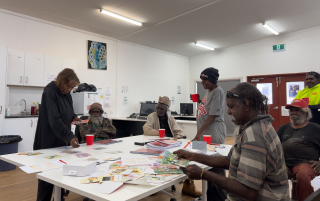Inequitable vaccine availability during the global response to the COVID-19 pandemic has highlighted the great disparity between the global North and South in accessing critical resources for the fuller realisation of human rights, a UN expert said.
“The procurement by some States of enough vaccines to give their populations multiple doses undermined access and affordability around the world, particularly for at-risk populations and the vast majority of people in low-income countries,” said Obiora C. Okafor, theUN Independent Expert on human rights and international solidarity.
Presenting his to the General Assembly yesterday, Okafor said many high-income countries were able to secure vaccine doses directly from the manufacturers, leaving others – mostly from the global South – no choice but to rely on the COVAX Facility, with its subsidised rates and long delays.
“While States in the global North have, in a large number of cases, diverted resources originally set aside for humanitarian crises or aid, far too many States in the global South have had to divert resources set aside for essential socio-economic needs,” the expert said.
For States and populations already divided by pre-existing inequalities, the pandemic exacerbated vulnerabilities to negative social, political and economic impacts.
“Misinformation and disinformation have posed unique challenges to combating the pandemic. There is a breakdown in public trust enabling the propelling of false and misinformed theories on (COVID-19) vaccines and their effects,” Okafor said.
“Under international human rights law, States have a duty to cooperate, including in terms of vaccine solidarity to ensure the fullest enjoyment of human rights by everyone around the globe.”
The ongoing failure by States to ensure optimal global vaccine solidarity is clearly contrary to the values of international solidarity and violates the spirit of the international human rights cooperation obligation embodied in Articles 55 and 56 of the Charter of the United Nations.
“In my recommendations I emphasise the urgency of developing legislative and administrative solutions to prioritise the proactive coordination, support and reinforcement of WHO-led global vaccine solidarity,” the expert said.







